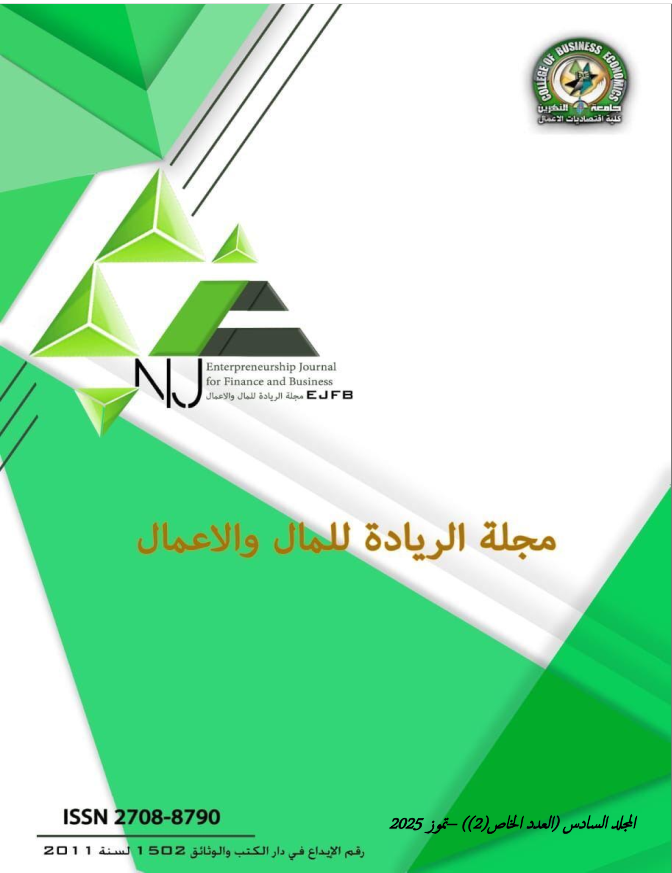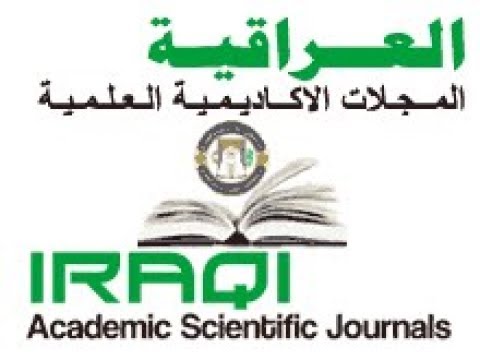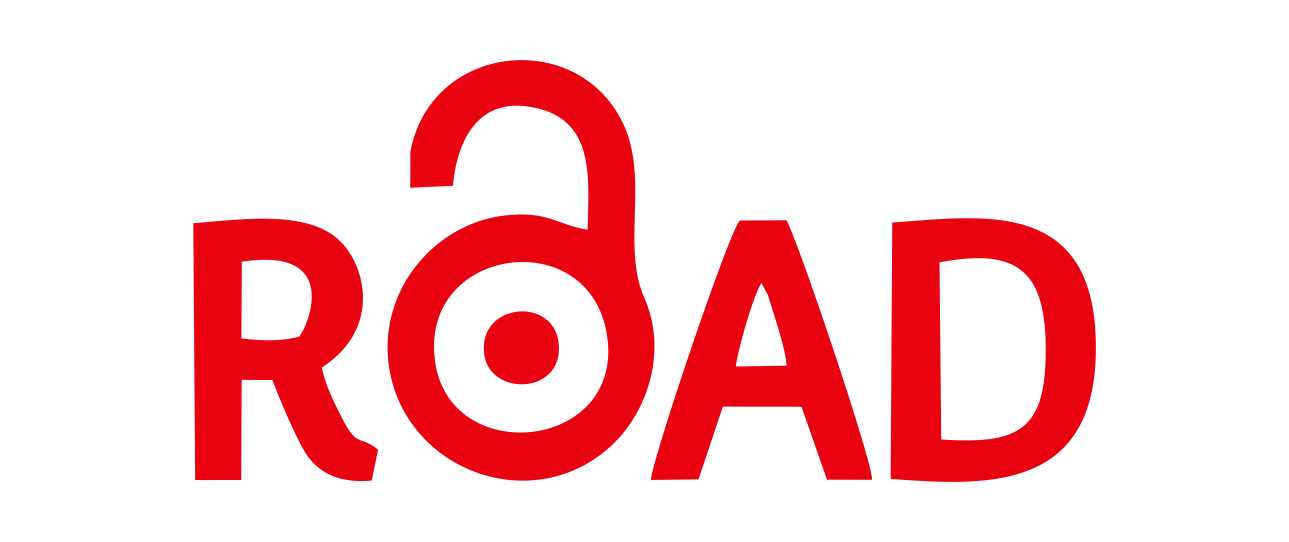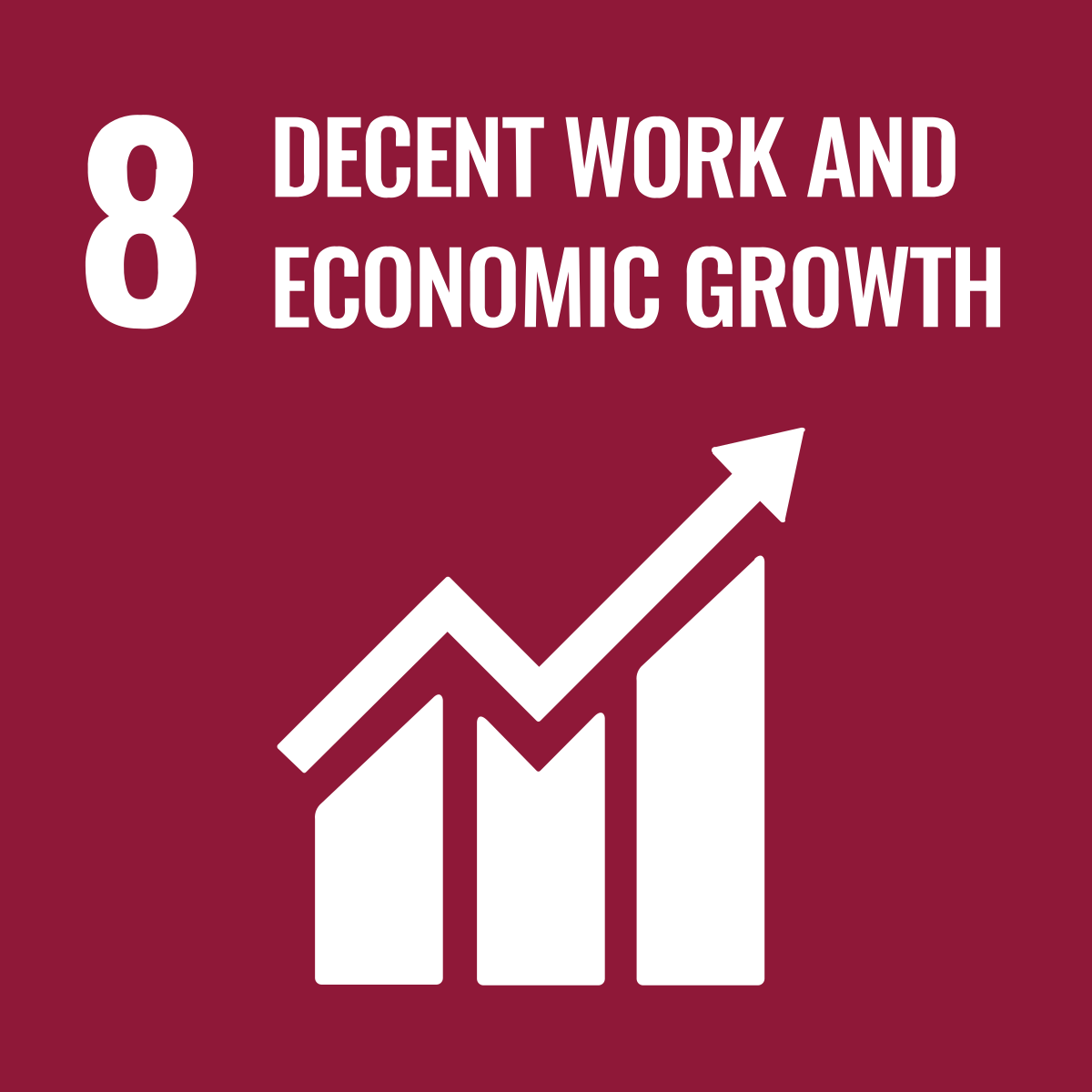Fiscal Policy and Poverty in Iraq: An Analytical Study for the Period 2018–2023
DOI:
https://doi.org/10.56967/ejfb2025677Keywords:
fiscal policy, poverty, public budgetAbstract
This research aims to analyze the relationship between fiscal policy and poverty rates in Iraq during the period 2018–2023 by examining the structure of the public budget, including revenue and expenditure distribution (both operational and investment). The findings indicate that the rise in oil revenues did not effectively contribute to poverty reduction due to weak redistribution policies and reliance on temporary solutions such as public employment and the ration card system. Official poverty indicators based on socio-economic surveys reveal significant regional disparities, underscoring the limited impact of government measures. The study concludes that the lack of economic diversification and the dominance of a rentier structure have exacerbated poverty and recommends the implementation of more inclusive and sustainable development policies to address its root causes.
Downloads
Downloads
Published
How to Cite
Issue
Section
License
Copyright (c) 2025 كامل علاوي الفتلاوي

This work is licensed under a Creative Commons Attribution 4.0 International License.
This is an Open Access article distributed under the terms of the creative commons attribution (CC BY) 4.0 international license which permits unrestricted use, distribution, and reproduction in any medium or format, and to alter, transform, or build upon the material, including for commercial use, providing the original author is credited.










